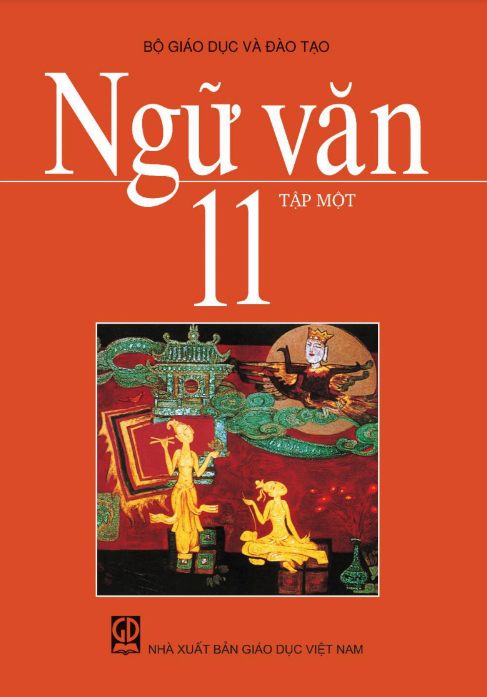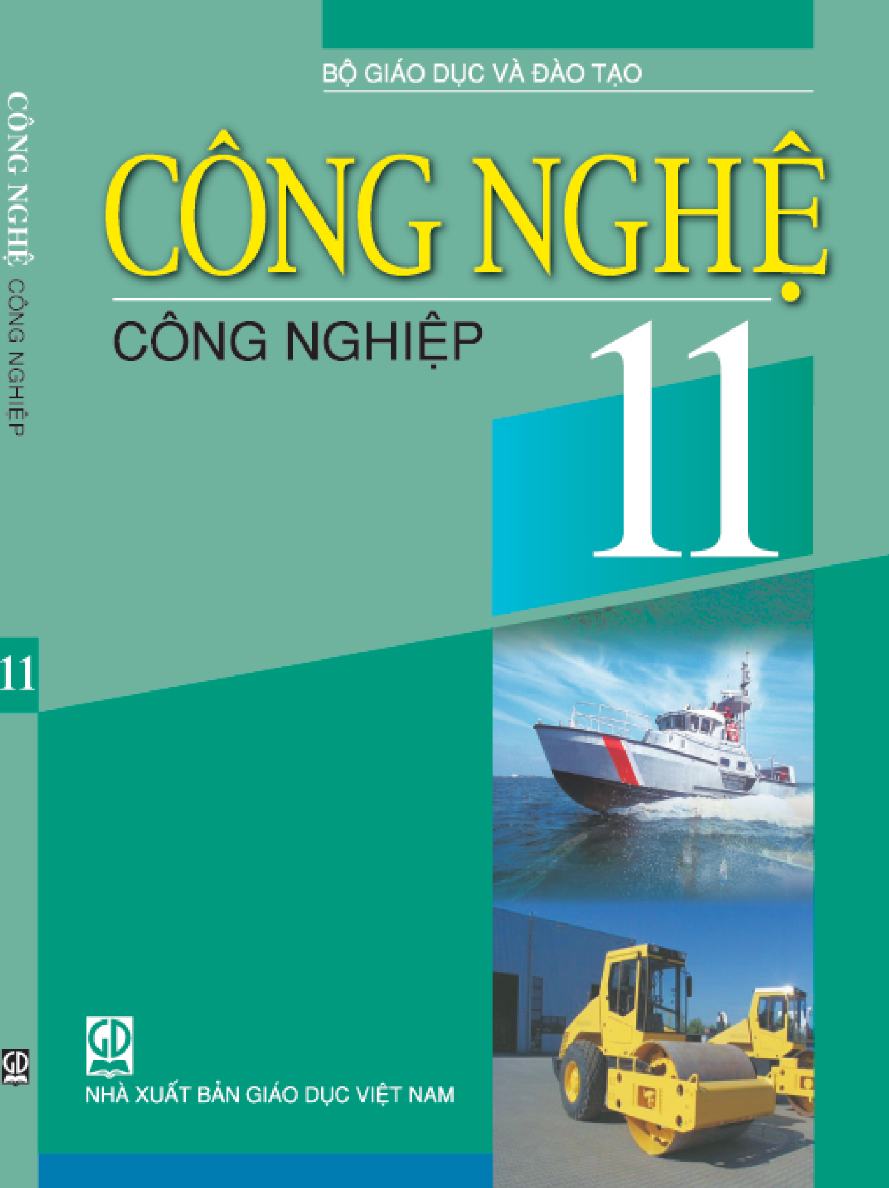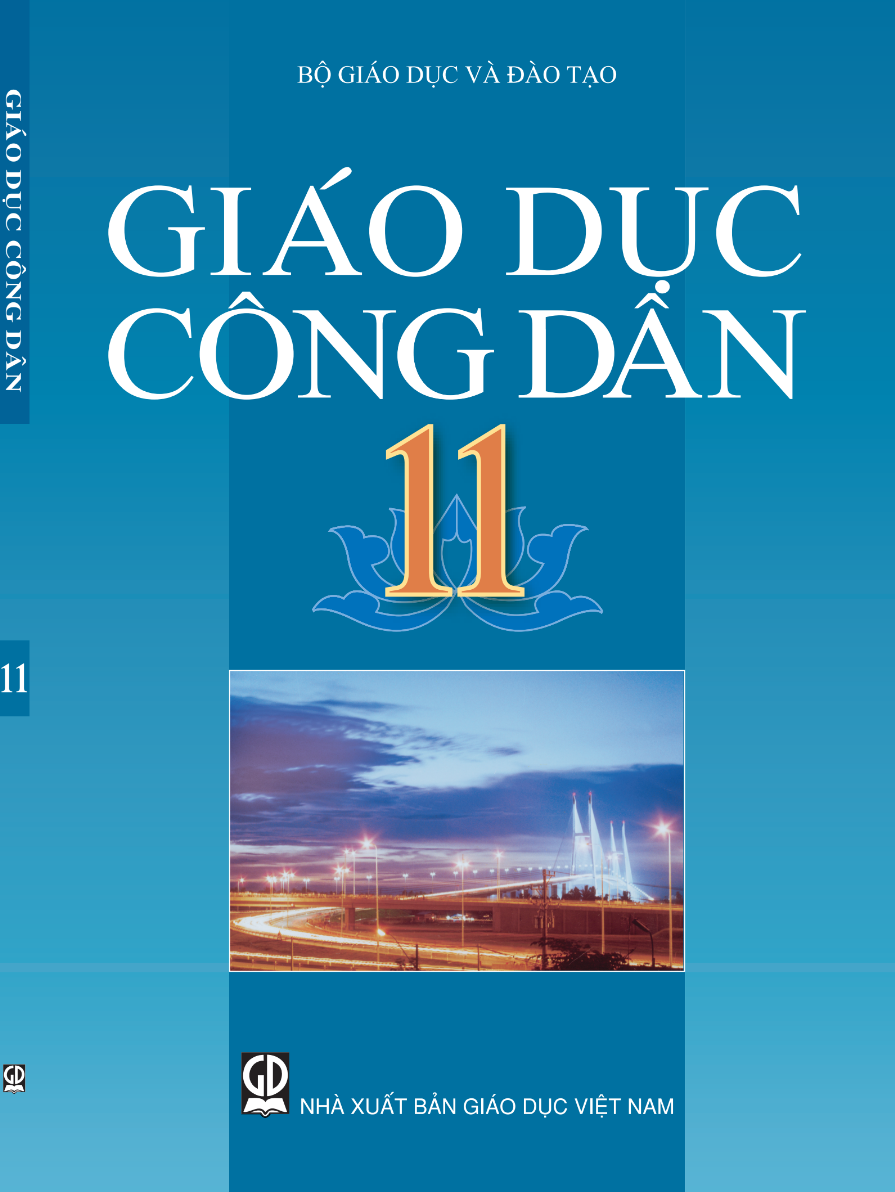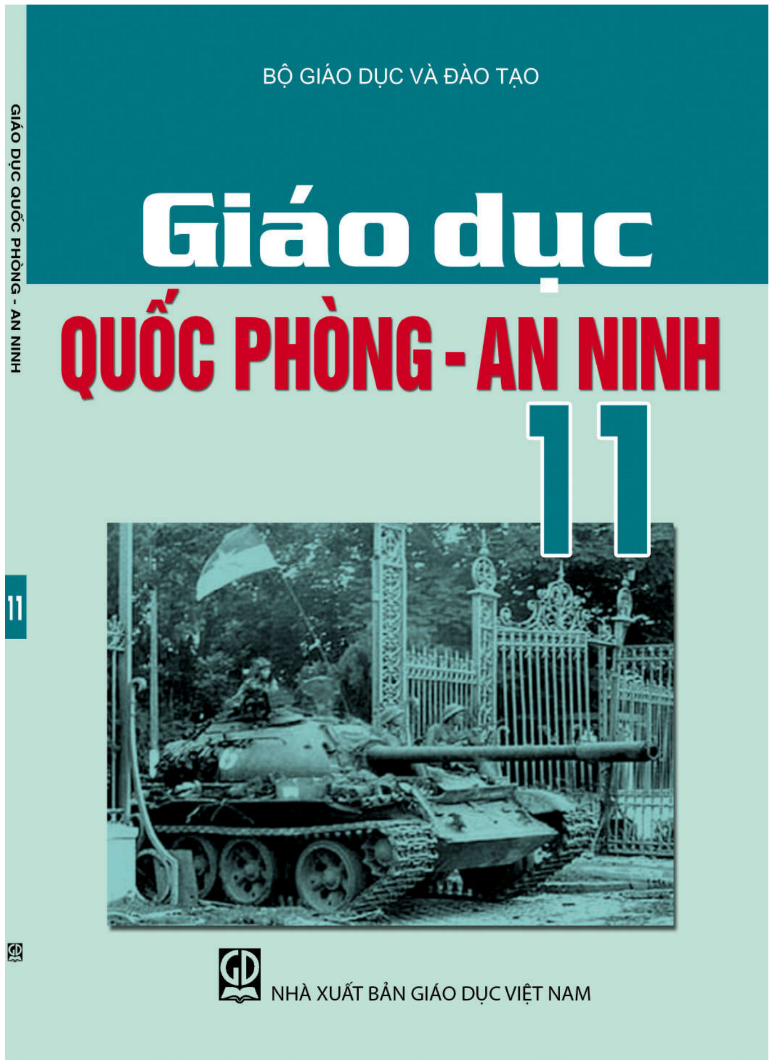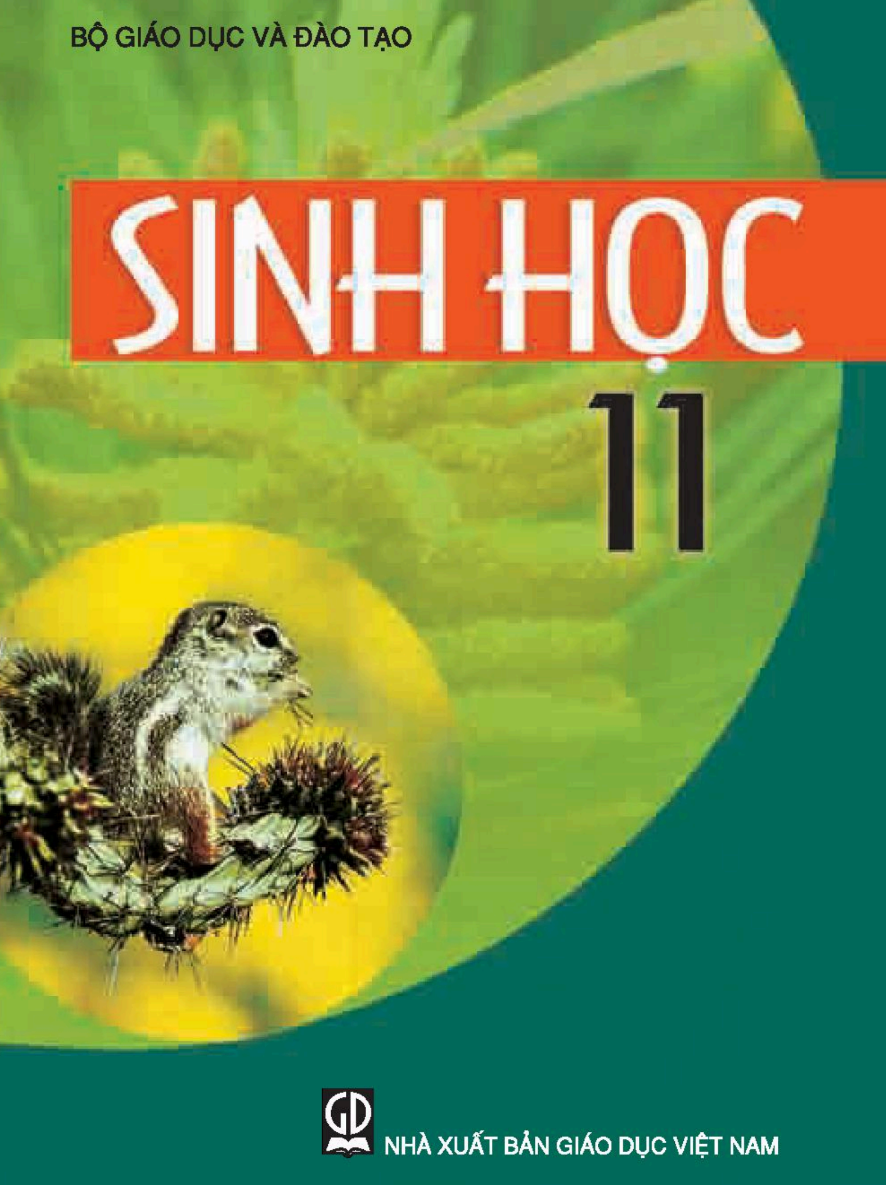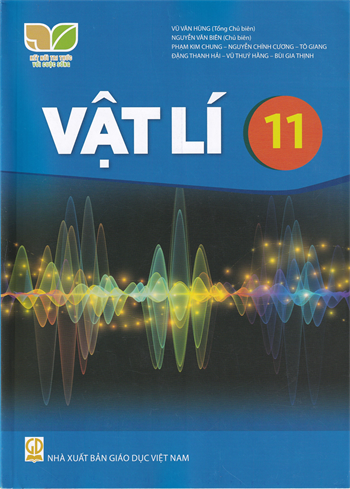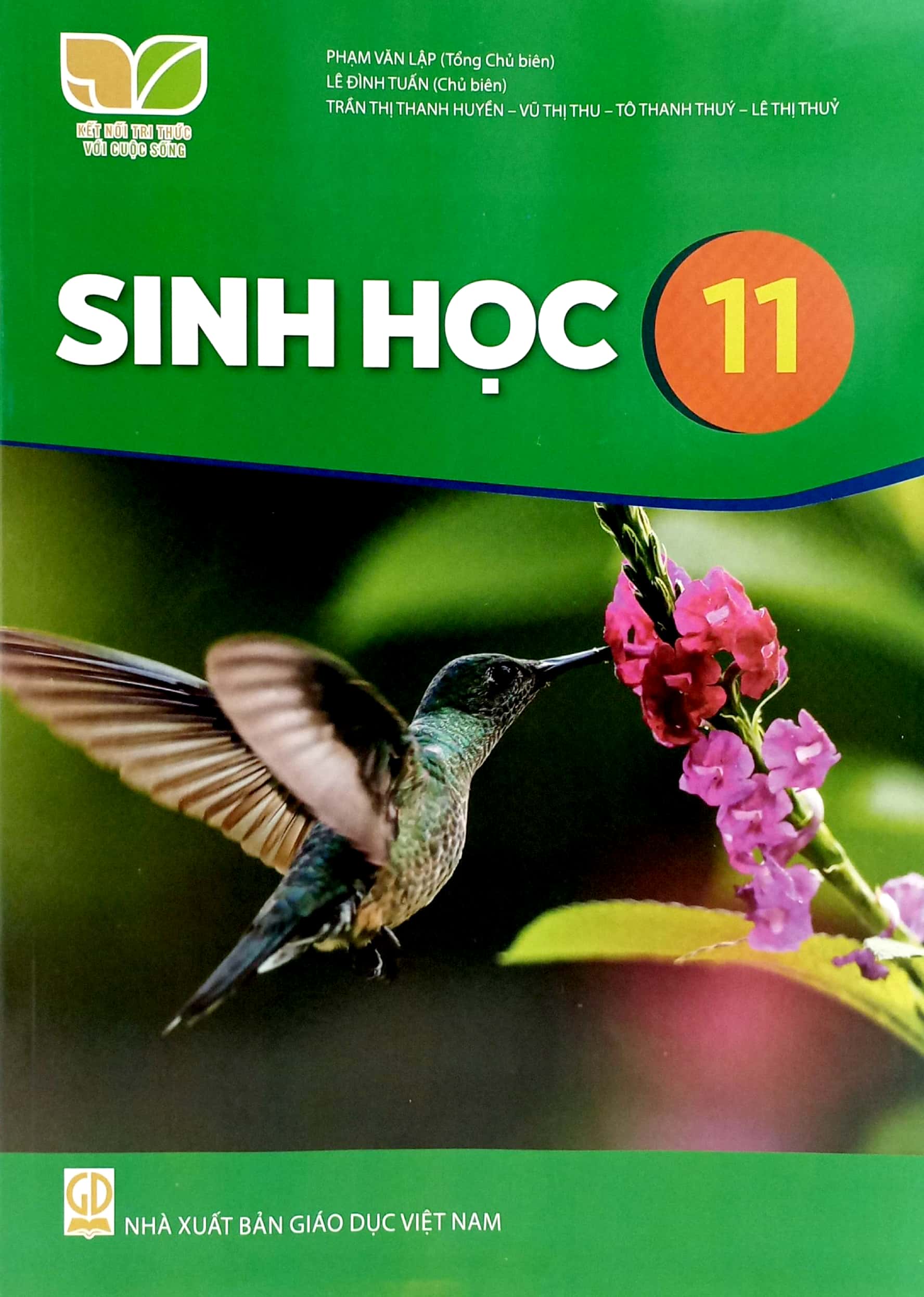(Page 67)
II. LANGUAGE
Pronunciation
Intonation in statements, commands, and lists
💡Remember!
• Intonation describes how a speaker's voice rises and falls in speech, and is very important in communication.
• We usually use falling intonation at the end of statements and commands to show certainty.
• When listing things, we slightly raise our voice on each item (level-rising intonation) and lower our voice on the last item to show that the list is complete.
1. Listen and repeat. Pay attention to the falling intonation  and level-rising intonation
and level-rising intonation  in the following sentences. 🎧
in the following sentences. 🎧
1. Our class is going on a field trip next week. 
2. Put your rubbish in the bin! 
3. You can see beautiful caves  , green valleys
, green valleys  , and high mountains.
, and high mountains. 
(Page 68)
2. Listen and mark the intonation in these sentences, using  (falling intonation) or
(falling intonation) or  (level-rising intonation). Then practise saying them in pairs. 🎧
(level-rising intonation). Then practise saying them in pairs. 🎧
1. Hoi An Ancient Town became a World Heritage Site in 1999.
2. Turn on the light. It's dark in here.
3. Cultural heritage may include temples, pagodas, and monuments.
4. Tourists can visit the pedestrian streets in Ha Noi.
Vocabulary
Our heritage
1. Match the words with their meanings.
| 1. restore (v) | a. connected with things from the past |
| 2. historical (ad) | b. traditional to a particular group or country, and usually passed down from generation to generation |
| 3. preserve (v) | c. important in history |
| 4. folk (adj) | d. to return something to an earlier good condition or position |
| 5. historic (adj) | e. to keep something in its original state or in good conditiom and prevent it from being damaged |
2. Complete the sentences using the words in 1.
1. Mary enjoys reading _____ novels set in World War Two.
2. This meeting of world leaders was a truly _____ event that is likely to be remembered in the future.
3. The local authority plans to _____ the old monument which was damaged by the storm.
4. We should increase efforts to ____ ca tru because nowadays there are very few ca tru musicians left.
5. Many _____ songs tell stories about lives of ordinary people in the past.
Grammar
To-infinitive clauses
💡Remember!
A to-infinitive clause can be used:
• to express purpose.
Example: He studied hard to pass the exam.
Ibought some souvenirs to give to my parents.
• to modify a noun or noun phrase that contains ordinal numbers (the first, the second, etc.), superlatives (the best, the most beautiful, etc.) and next, last and only. Example: Ethan is usually the last person to understand the joke.
1. Combine the sentences using to-infinitive clauses.
1. Lan went to Hue. She wanted to see the monuments there.
-> Lan ___________________________________________________________.
2. Minh created a website. He wanted to give more information about local historical sites to visitors.
-> Minh ___________________________________________________________.
3. Peter took a boat trip around the floating market. He wanted to listen to don ca tai tu there.
-> Peter ___________________________________________________________.
4. My sister has opened a small shop behind the museum. She wanted to sell postcards and souvenirs to tourists.
-> My sister ___________________________________________________________.
2. Work in pairs. Ask and answer questions about heritage sites of traditions, using to-infinitive clauses.
Example:
A: What do many tourists go to Ha Long Bay for?
B: They go there to enjoy the beautiful scenery./To enjoy the beautiful scenery.
